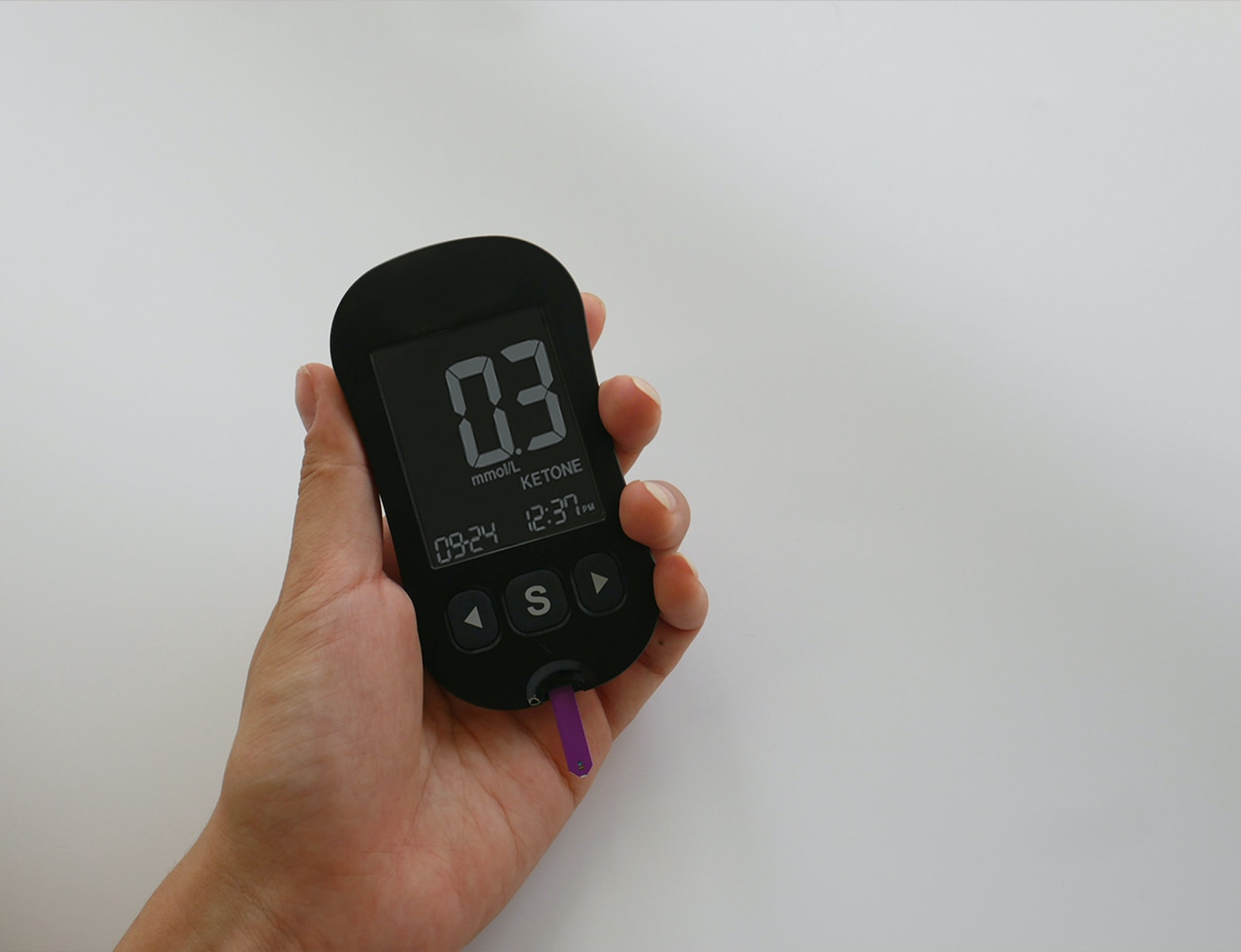Ketones are chemicals produced by the liver when the body doesn’t have enough carbohydrates to burn for energy. When your body is in a state of ketosis, it produces ketones which can be used for fuel instead of carbohydrates. This process is the basis of the popular low-carb keto diet.
Ketones are a type of molecule that is created when the liver breaks down fats. They are produced in abundance during fasting or prolonged periods of carbohydrate restriction.
When the body is in a state of ketosis, it is essentially using a different source of fuel for energy, which is why the keto diet is often effective for weight loss and improved metabolic health.
However, it is important to be cautious when starting the keto diet, as it can have side effects and may not be suitable for everyone. It is recommended to consult with a healthcare professional before making any major changes to your diet or lifestyle.
While the keto diet is effective in aiding weight loss and reducing hunger, the effects of ketones on the body can be both positive and negative.
Healthy individuals who don’t have diabetes and aren’t in a state of ketosis can reach ketosis after a few days of eating fewer than 50 grams of carbohydrates per day. Alternatively, individuals can achieve ketosis by following a high-fat, low-carb keto diet.

Ketosis can have several benefits beyond weight loss. It has been known to reduce the risk of epilepsy in children and lower the risk of certain diseases in adults. However, the keto diet can also cause temporary side effects such as headaches, nausea, and fatigue, commonly called the keto flu.
In some instances, ketosis can be dangerous. Individuals with diabetes who are not controlling their blood sugar can develop ketoacidosis. This occurs when ketones build up in the bloodstream, leading to a dangerous chemical imbalance that can cause coma or death. It can also occur in individuals who are starving or suffer from alcoholism.
While research into ketones and their effects is ongoing, those on a keto diet should consult their doctor if they experience any of the symptoms associated with ketoacidosis. Monitoring ketone levels through blood or urine testing is also recommended, as high levels of ketones can be dangerous.
In conclusion, while ketones can have positive and negative effects on the body when on a keto diet, monitoring their levels and seeking medical advice if necessary is important.


